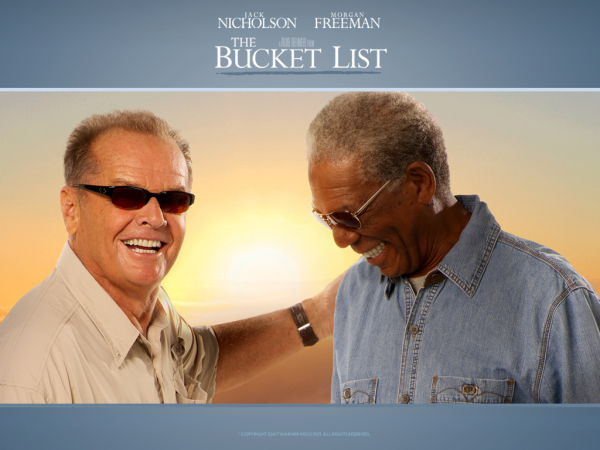
Mmm, credit cards. For some, just the thought causes a twinkle in the eye and visions of the wondrous things that can be had now without waiting. For others, these two words serve as stressful reminders of the thousands in debt they have along with the high interest rates that ride the coattails of each balance.
While some may rail against credit cards–Dave Ramsey comes to mind–I think about credit cards like most pleasures in life, “Everything in moderation.” A credit card is usually required to put down a deposit on a hotel room and can come in handy when shopping online or establishing a credit history. Here are 5 important tips about choosing and using credit cards.
- Points – In a previous post, I heralded the joys of the points you can earn with some credit cards (and am using mine for another international trip this year getting at least a $300 discount on my airfare.) So check out that post if you’re considering signing up for a card that earns you something. But I can’t stress this enough: if you qualify for one of these cards, why not have the card work for you? Be sure when choosing any credit card to check if there’s a yearly fee.
- Have only one back up credit card – If you are hanging on to more than one credit card you rarely use, it can affect your credit score negatively. Call to cancel those cards, then cut them up where the numbers can’t be read, and throw them away.
- Pay off your credit card balance monthly – I do not like the thought of paying interest on anything. Obviously to do this, you’ll want to spend no more on your card than you can afford to pay off each month. With discipline and a little conscientiousness, it can be done.
- Keep a List – Keep a list of all the credit cards in your wallet or purse (and the contact phone numbers for each company) in case it’s ever lost or stolen. In that situation, you’re already stressed enough dealing with the loss of everything else that was in there. This will make cancelling the cards faster and easier.
- Loans – And on a related note, avoid taking mini-loans from your bank or cash advance establishments like Advance Financial. These will not earn you points, and interest rates can run high. You also may end up forming a bad habit of using them as a go-to every time something big you want is on sale, when have a large unexpected expense, or when you’d like to take a trip.
In closing, if you are working to pay off debt, I do agree with Dave Ramsey on this point: Pay down the cards or loans you have with the highest interest rate first. Repair your credit score if need be, and work toward best practices when using credit cards.
Can you recommend any specific credit cards you’ve had good experiences with? What advice would you give a college student getting his or her first credit card?
Don’t miss a thing. Subscribe to receive updates by email.

